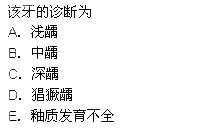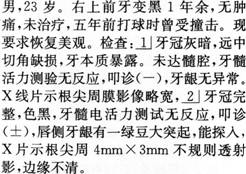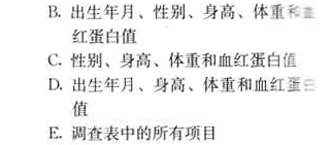共用题干
Earthquake Insurance
1.Earthquake insurance is a form of homeowners' insurance which deals with damage caused by earthquakes.In regions where earthquakes are especially common,homeowners may be required to carry earthquake insurance,so that in the event of an earthquake,people rely less on government disaster funds and more on their own insurance policies.As a general rule,earthquake insurance is not a part of standard insurance policies,and it must be purchased separately.
2.Earthquakes can cause a variety of damage to a home,ranging from complete destruction to damage which causes the building to become structurally unsound.Indirect damage caused by neigh-boring collapses of structures and freeways can also occur,as can more bizarre forms of earthquake damage,like winding up with a car in the living room or a sinkhole in the back yard.Fires and flooding are also common problems in the wake of earthquakes.
3.When homeowners purchase earthquake insurance,they may be protected against both direct damage,such as a structural collapse after an earthquake,and indirect damage,like a fire caused by broken gas lines.More commonly,the insurance only covers structural damage caused directly by the earthquake.The insurance may pay for a complete replacement of the structure,or a remodel, depending on the type of insurance and the nature of the damage.Some policies also cover damaged property like cars,and they may provide living allowances so that the residents of the home can temporarily relocate for the duration of the repairs.
4.This type of homeowners' insurance is prone to adverse selection,in which only people in high risk areas purchase the insurance.The problem with adverse selection for insurance companies is that it decreases the pool of customers,making potential payouts very expensive.For this reason, earthquake insurance often has a high deductible,and it can he very expensive.
5.Recognizing the need for earthquake insurance,some governments have provided subsidies for earthquake insurance,to reduce the stress on insurance companies.Insurance companies also adjust their risk pools carefully,and there may be stringent requirements for a homeowner to purchase earthquake insurance.For example,a home may need to be retrofitted for earthquake safety, reducing the amount of damage which will be incurred in a quake.For low-income home owners, this can be very difficult,as it drives the cost of earthquake insurance out of reach,which can in turn make it difficult to get home loans,as many banks in earthquake-prone areas insist on earth-quake insurance as a condition for a loan.
Paragraph 3______
A:What's the Main Problem of Earthquake Insurance?
B:What Damages Can an Earthquake Cause?
C:How to Buy an Earthquake Insurance?
D:What Is an Earthquake Insurance?
E:Where Does Earthquake Happen Frequently?
F: What Does an Earthquake Insurance Contain?


 正确的诊断是
正确的诊断是 查看材料
查看材料

